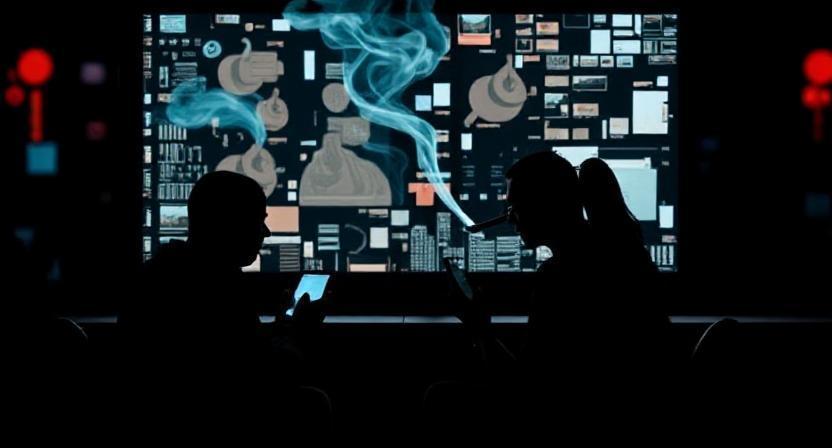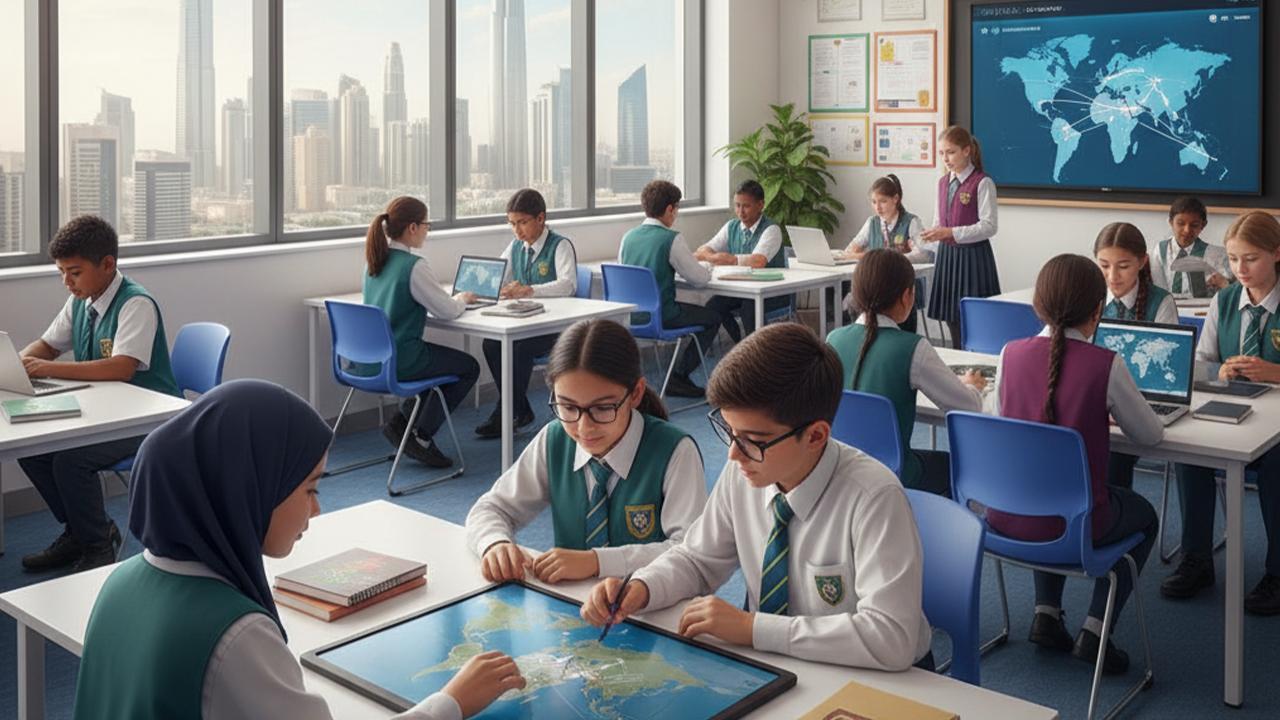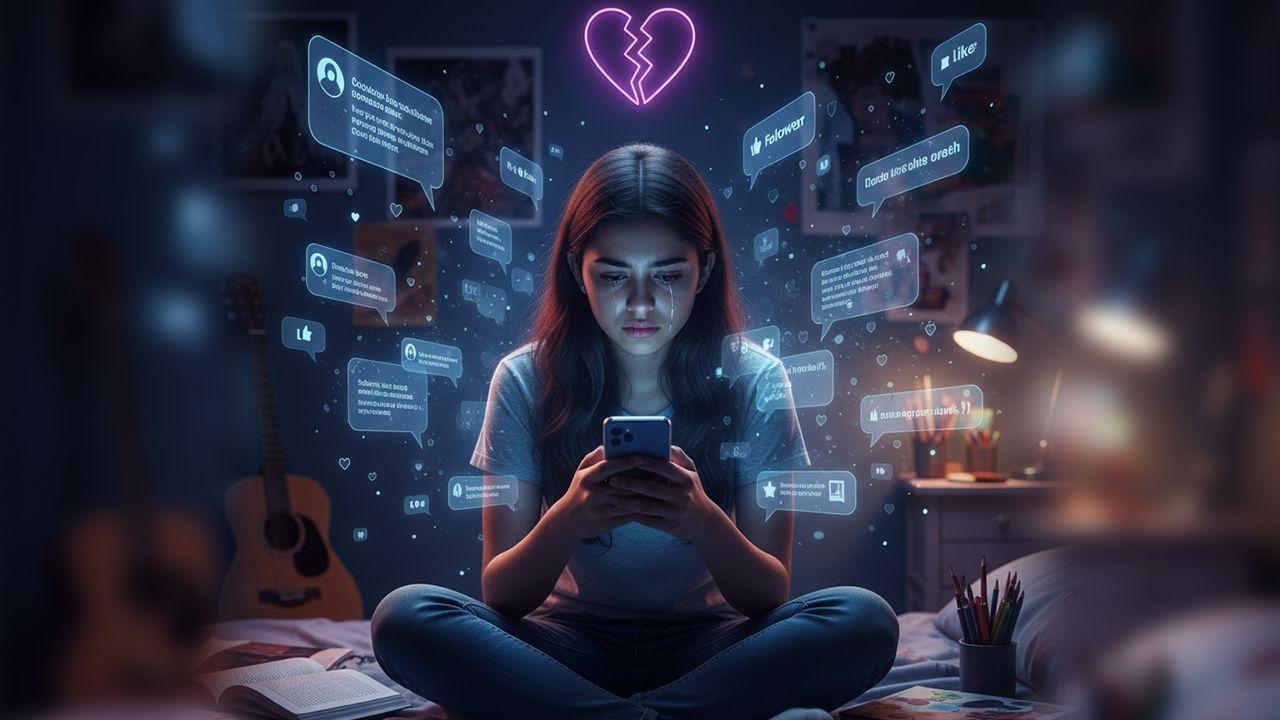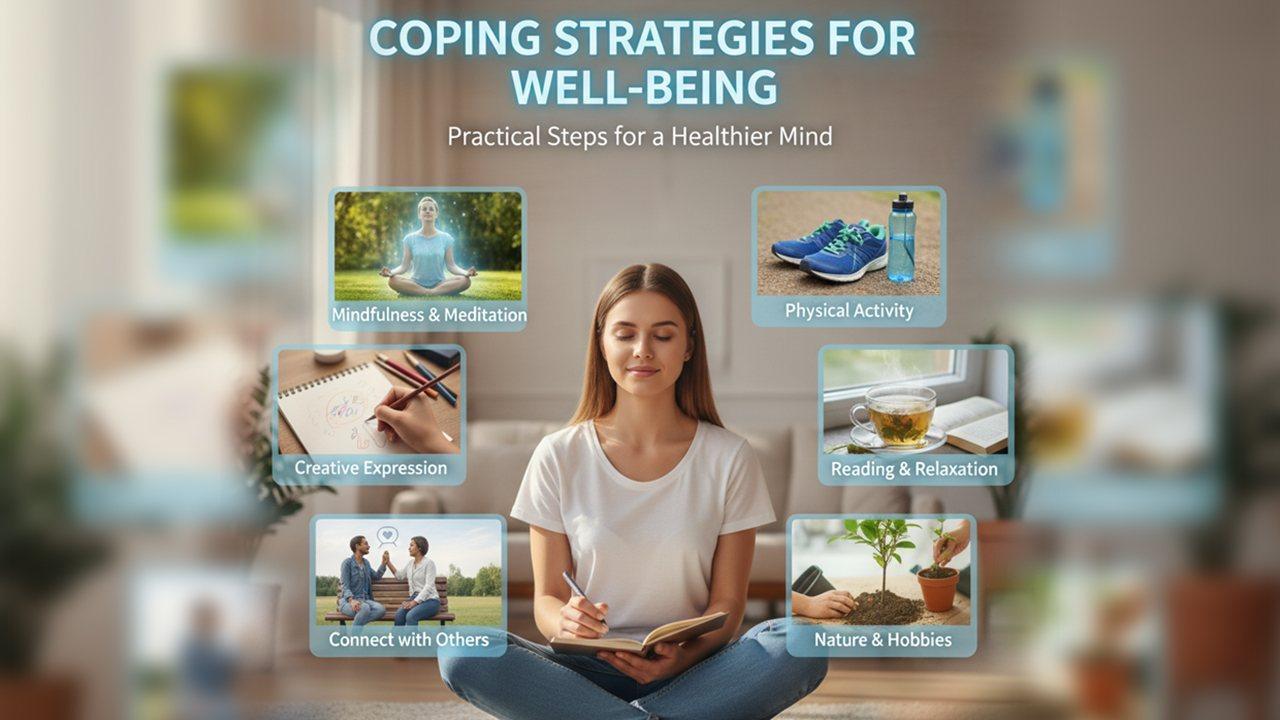
Post by : Soumya Jit
We live in a world where screens are everywhere—phones, laptops, TVs, and tablets. While technology has made life easier, the growing amount of screen time is quietly harming our health. Experts now compare it to the “new cigarette” because of its addictive nature and serious long-term risks.
This article explains why excessive screen time is dangerous, how it affects your physical and mental health, and practical steps to protect yourself without completely disconnecting.
Over the last decade, screen use has skyrocketed. From work emails to social media scrolling, people spend hours glued to screens daily. The pandemic accelerated this trend, making screens an unavoidable part of everyday life.
Average screen use: 6–8 hours a day for most adults
Kids and teens often spend even more time online
Constant use makes it harder to take breaks and rest the eyes
Just like smoking became a widespread habit with hidden dangers, screen addiction is now seen as a modern health crisis. Both share:
Addictive behavior: Difficult to quit or cut down
Silent harm: Health effects build up over time
Widespread use: Almost everyone is affected
Digital Eye Strain (DES) causes headaches, blurred vision, and dry eyes
Long-term screen exposure may worsen nearsightedness
Sitting hunched over screens leads to neck and spine problems
“Tech neck” and lower back pain are now common among office workers
Blue light from screens affects melatonin production
Late-night scrolling delays deep, restful sleep
Long sitting hours reduce physical activity
Increases risk of obesity, diabetes, and heart issues
Constant notifications overstimulate the brain
Fear of missing out (FOMO) raises anxiety levels
Social media comparison lowers self-esteem
Too much online time reduces real-world connections
Short-form content makes it harder to focus
Memory retention declines with multitasking online
Children are the most vulnerable. Excessive screen use can:
Affect brain development
Delay social and communication skills
Cause behavioral issues and poor academic performance
Health experts recommend:
Adults: Less than 2 hours of recreational screen time daily
Children: 1–2 hours depending on age
Breaks every 20 minutes to protect eyes and posture
Follow the 20-20-20 rule: Every 20 minutes, look at something 20 feet away for 20 seconds
Set screen-free times (like before bedtime or during meals)
Use apps that monitor and limit screen usage
Choose outdoor or offline hobbies to replace digital time
Invest in ergonomic setups for healthier screen use
Just like smoking was once considered harmless, excessive screen time is becoming a silent health threat. From poor posture and eye strain to mental health challenges, its impact is undeniable. The solution isn’t to abandon technology but to use it wisely. By setting limits, taking breaks, and balancing screen use with real-life activities, you can protect your health for the long term.
1. Why is screen time compared to smoking?
Because it’s addictive, harmful in the long run, and widely used by almost everyone.
2. How does too much screen time affect sleep?
Blue light from screens reduces melatonin and disrupts your sleep cycle.
3. Can kids be harmed by too much screen time?
Yes. It can affect learning, social skills, and overall development.
4. Is all screen time bad?
Not necessarily. Productive use for work or learning is fine—but balance is key.
5. What’s the best way to reduce screen addiction?
Set limits, follow the 20-20-20 rule, and replace screen use with physical activities.

Higher Education in Dubai 2025 Top Universities and Best Courses
Explore top universities and best courses in Dubai 2025 Find global recognition modern facilities

The Rise of International Schools in Dubai: How Students Benefit
Discover how international schools in Dubai help students grow with quality education, global exposu

Dubai Revolutionizes Education with Smart Technology for Students
Dubai is using smart technology to make education interactive flexible and future ready for studen

Cryptocurrency, NFTs, and Digital Assets in 2025: Everything You Need to Know
Discover what cryptocurrencies, NFTs, and digital assets mean in 2025. Learn their uses, benefits, r

Ariz of Everest DG & EIT Global: From Construction Sites to Tech Innovation
Ariz’s journey from Kuwait’s construction sites to leading Everest DG & EIT Global is a story of res

Millions of Young People Face Rising Stress and Anxiety Today
Millions of young people face stress and anxiety today Learn causes effects and ways to stay posi

10 Practical Ways to Manage Stress and Stay Positive Every Day
Discover simple and practical ways to manage stress stay positive and boost your mental health eve

At Least 60 Dead in Night Attack on Village in Nigeria’s Borno State
Armed fighters attack Darul Jamal village in Nigeria, killing over 60, including soldiers as residen

Ronaldo Shines with Two Goals as Portugal Beats Armenia 5-0
Cristiano Ronaldo scored twice as Portugal started World Cup qualifying with a 5-0 win over Armenia

Justin Bieber Drops Eighth Studio Album Swag II Fans Excited
Justin Bieber surprises fans with Swag II, his eighth album featuring 23 new tracks and collaboratio

Venice Film Festival 2025 ends with surprise winners and strong messages
Jim Jarmusch’s film wins Golden Lion at Venice Film Festival 2025, amid strong performances emotiona

Kurt Russell Joins Yellowstone Spinoff 'The Madison' as Star & Producer
Kurt Russell returns to TV in Yellowstone spinoff 'The Madison', joining Michelle Pfeiffer in a stor

Australia funds $72M for medical research in Asia-Pacific
Australia invests $72M to support medical research, vaccines, and health solutions across Southeast

UPU launches solution to restart US mail delivery
Mail to the US dropped 80% after duty-free exemption ended; UPU launches a tool to calculate duties

UAE karate team shines with silver and bronze at Asian event
UAE athletes Sheikha Al Yafei and Rashid Al Suraidi win silver and bronze at the Asian Karate Champi